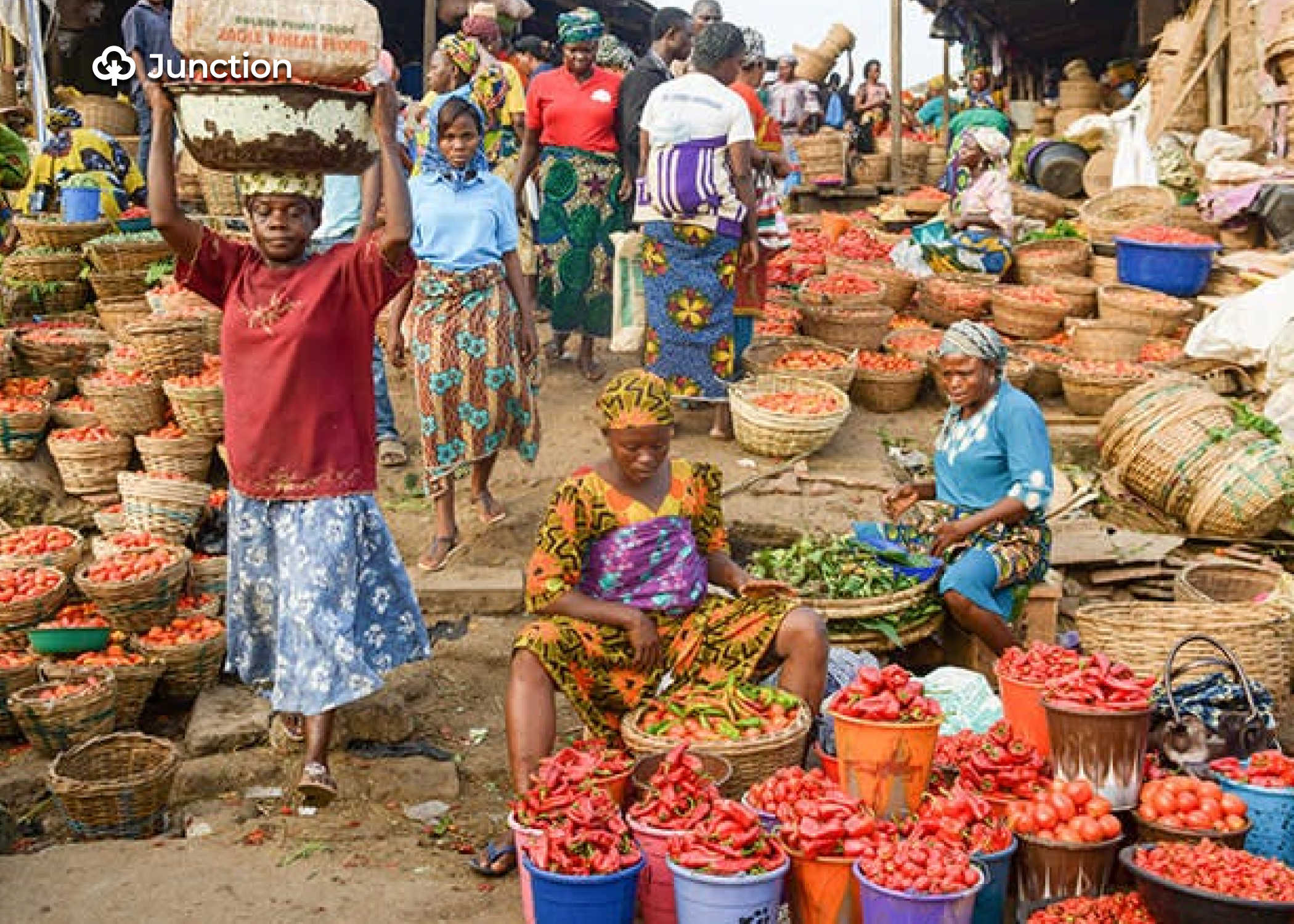News in brief:
– The Federal Government of Nigeria has urged retailers to lower food prices in line with recent market reductions.
– Minister Abubakar Kyari warns traders against overpricing, emphasizing fairness for Nigerian consumers.
The Federal Government has called on retailers to pass on recent food price reductions to consumers and avoid exploitative practices. Senator Abubakar Kyari, Minister of Agriculture and Food Security, made this appeal on Tuesday during the 2025 Wheat Farmers Green Field Day at Dabi village in Ringim Local Government Area of Jigawa State.
He condemned the reluctance of traders to adjust their prices despite a significant drop in market rates, describing it as unpatriotic and unacceptable. Kyari noted that prices of key food items such as flour, sugar, rice, and pasta had dropped significantly in major markets.
“In previous months, stakeholders in the retail value chain raised concerns about the rising cost of food items. Now that the prices have dropped, such as flour, which fell from ₦81,000 per bag to below ₦60,000, and spaghetti from ₦20,000 to ₦15,000, it is only fair and just to let consumers benefit,” he stated.
Despite these reductions, he expressed concern that many retailers, bakers, and shop owners were refusing to lower their prices, denying Nigerians much-needed relief.
The minister reaffirmed the government’s commitment to ensuring food availability and vowed to engage relevant stakeholders to ensure that current market realities are reflected in retail prices. The News Agency of Nigeria (NAN) reports that the event was jointly organised by the Flour Milling Association of Nigeria, the Federal Government, and the Jigawa State Government.
Market dynamics complicate food prices
Even though the prices of food commodities in Nigeria are dropping as The Junction data confirms, consumers may not be seeing corresponding decreases in retail food prices due to several key factors.
Fuel prices, especially diesel and petrol, remain high, increasing transportation costs.
Poor road infrastructure and insecurity also make food transportation expensive. High transportation costs eat into any reduction in wholesale commodity prices.
In addition, food passes through several intermediaries (farmers → wholesalers → retailers → consumers). Each middleman adds a markup, which doesn’t always adjust immediately when commodity prices drop. Retailers often maintain high prices to cover past high-cost inventories.
Even if local food prices drop, the weak naira keeps import-dependent costs (e.g., packaging, storage, processing) high. General inflation still pushes up prices of services (electricity, rent, wages), which retailers factor into their pricing.
Some traders hoard food items to create artificial scarcity and keep prices high. When prices fall at the farmgate, middlemen may delay passing on savings to consumers to cover their investments.
In Nigeria, prices tend to rise quickly but fall slowly because businesses prefer to maintain margins rather than reduce prices immediately. Retailers may hesitate to lower prices until they confirm that reductions in wholesale prices are long-term and sustainable.



